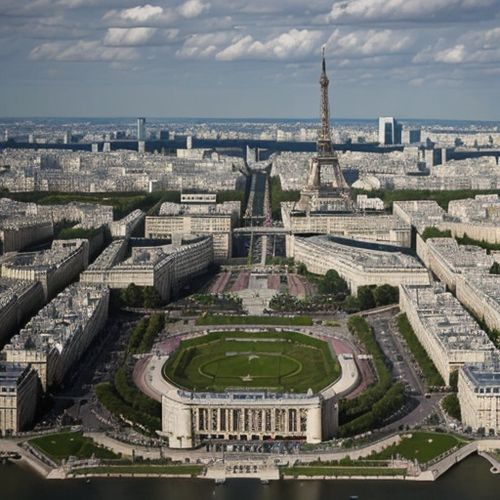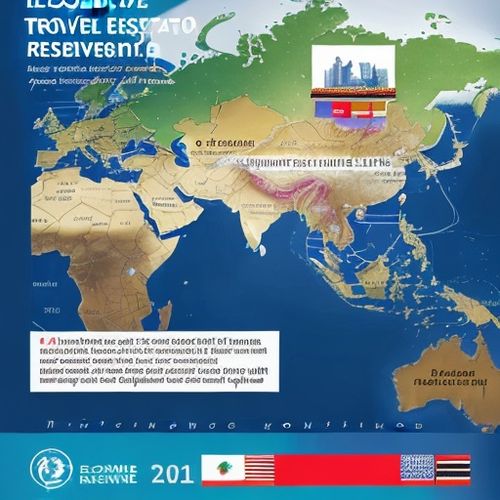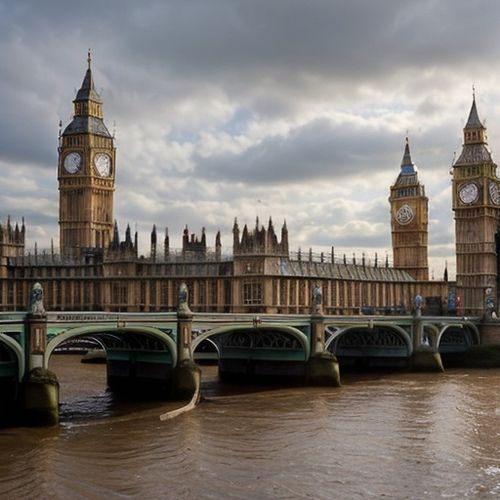As the 2024 Paris Olympics drew closer, concerns over skyrocketing hotel prices became a hot-button issue. The French government stepped in with a series of measures aimed at preventing price gouging, but the real question is: did these controls actually work? A deep dive into the data and on-the-ground reports reveals a mixed picture, with some successes overshadowed by persistent challenges.
The Promise of Price Controls
Facing backlash over reports of hotels charging exorbitant rates—some as high as €1,500 per night for budget accommodations—the French government announced strict pricing regulations in early 2024. The measures included caps on price increases for existing bookings, mandatory transparency in pricing, and hefty fines for violators. Officials promised these steps would ensure affordability and prevent tourists from being priced out of the market.
Initial reactions were cautiously optimistic. Consumer advocacy groups praised the move, while hotel associations warned of unintended consequences, such as reduced availability or hidden fees. The government, however, stood firm, insisting that the regulations would strike a balance between protecting consumers and allowing businesses to profit.
Reality Check: What the Data Shows
In the months leading up to the Games, analysts tracked hotel prices across Paris and its suburbs. While the caps did prevent some of the most egregious price hikes, average rates still climbed significantly compared to pre-Olympic levels. Mid-range hotels, for instance, saw a 120% increase, though this was lower than the 200% surge initially feared. Luxury accommodations, largely exempt from strict caps, continued to command premium rates, with some suites exceeding €5,000 per night.
Enforcement also proved uneven. While major hotel chains largely complied, smaller operators and short-term rental hosts found loopholes. Some added mandatory "service fees" or required multi-night stays to circumvent the rules. Tourists reported confusion, with many unaware of their rights or how to report violations.
The Ripple Effect on Tourism
The pricing drama had broader implications for Paris’s tourism economy. While the city remained a top destination, some travelers opted for last-minute cancellations or alternative stays in neighboring cities like Lyon or Brussels. Restaurant owners and local businesses, counting on an Olympic windfall, reported lower-than-expected foot traffic, blaming the hotel price controversy for deterring budget-conscious visitors.
On the flip side, suburbs and lesser-known arrondissements saw a boost as price-sensitive tourists sought cheaper options. "We’ve never been this busy," admitted a hotel manager in Montreuil, a traditionally quieter area. This shift, while economically beneficial for some, highlighted the uneven distribution of Olympic-related profits.
Lessons for Future Host Cities
Paris’s experience offers a cautionary tale for future Olympics hosts. Price controls, while well-intentioned, are difficult to enforce comprehensively—especially in a global event with overwhelming demand. Experts suggest that earlier intervention, stronger penalties for non-compliance, and better public communication could improve outcomes.
For now, the debate continues. While the French government’s efforts likely prevented a full-blown pricing crisis, the mixed results underscore the challenges of balancing market forces with consumer protection in mega-events. As one tourism analyst put it, "You can’t legislate away scarcity—but you can try to make it less painful."

By Lily Simpson/Apr 6, 2025

By William Miller/Apr 6, 2025

By Joshua Howard/Apr 6, 2025

By Christopher Harris/Apr 6, 2025

By Jessica Lee/Apr 6, 2025

By Benjamin Evans/Apr 6, 2025

By Michael Brown/Apr 6, 2025

By Olivia Reed/Apr 6, 2025

By Victoria Gonzalez/Apr 6, 2025

By Christopher Harris/Apr 6, 2025

By Emily Johnson/Mar 31, 2025

By Emily Johnson/Mar 31, 2025

By John Smith/Mar 31, 2025

By Emily Johnson/Mar 31, 2025

By Amanda Phillips/Mar 31, 2025

By Victoria Gonzalez/Mar 31, 2025

By Noah Bell/Mar 31, 2025

By Sarah Davis/Mar 31, 2025

By Laura Wilson/Mar 31, 2025

By Sarah Davis/Mar 31, 2025